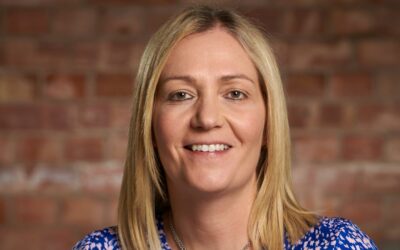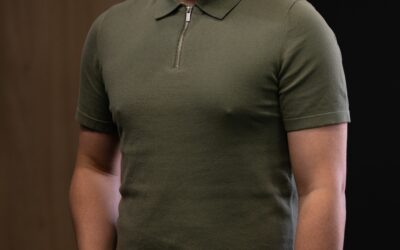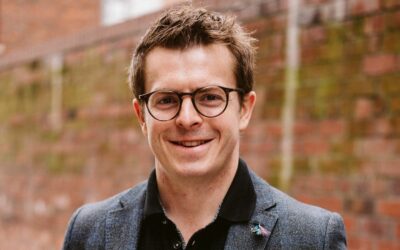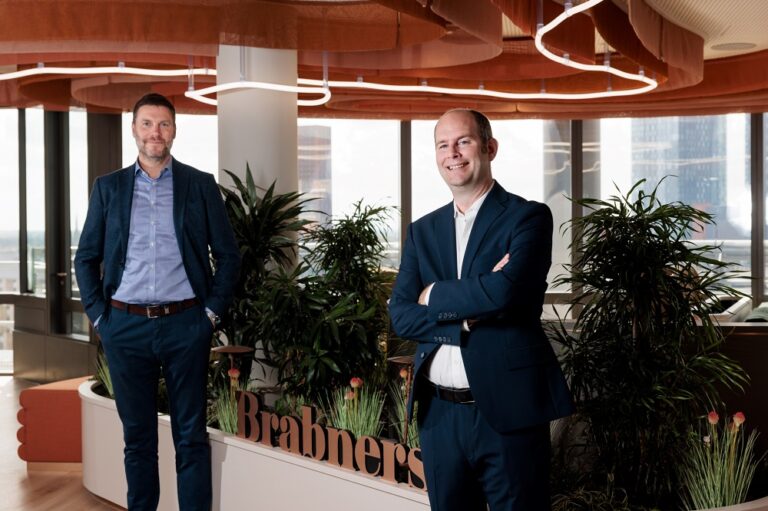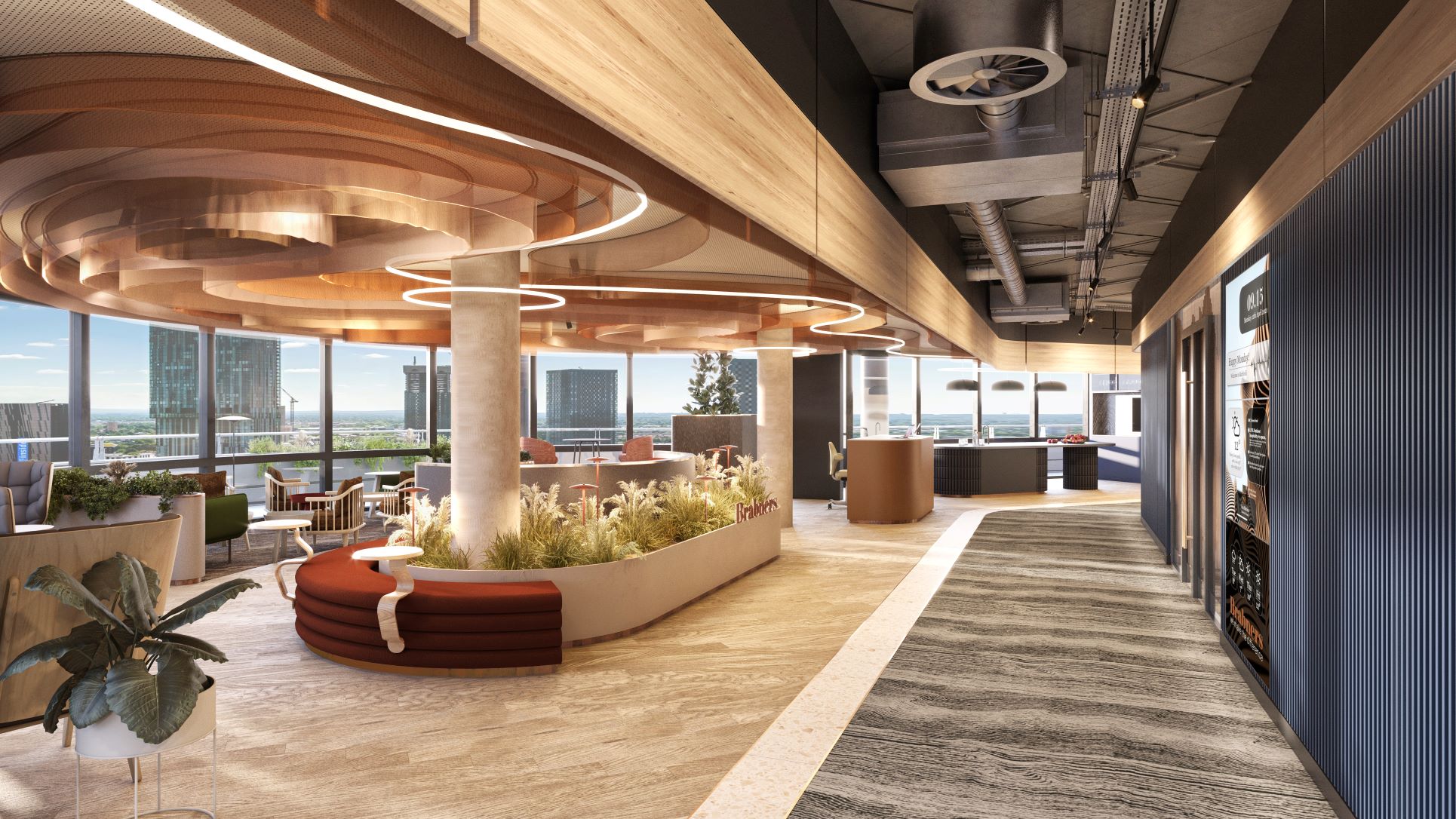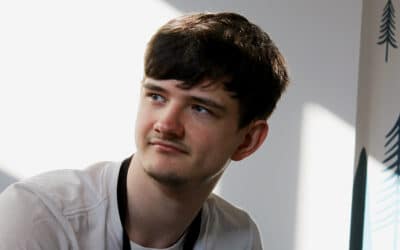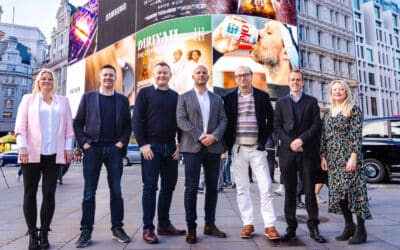Nick McAleenan is a media law specialist at Brabners, an independent law firm that recently defended Coleen Rooney in the Wagatha Christie libel trial.
Since joining Brabners, which has a 20,000 sq ft Manchester office at 100 Barbirolli Square, he has advised on a number of cases including the first data breach class action in English legal history, acting for claimants against Morrisons supermarkets in the Supreme Court which concluded in 2020.
He specialises in advising businesses and individuals on issues including reputation management, crisis communications, privacy, harassment, and social media disputes, and frequently acts for influencers and celebrities.
Here, McAleenan provides a glimpse into his working week as a media lawyer and how his career has changed with an evolving media landscape.
Monday
I rejoined Brabners in August 2022 having started my career here as a trainee in 2003. I’ve been taking the time to meet my new colleagues at our various offices across the North. I’m based out of our Manchester offices in Barbirolli Square, which we recently moved into.
The facilities are impressive and reflect the amount invested in the firm’s working culture over the past few years, which has made it one of best firms to work for in the country. I’ve been instructed by an industry association to help them draft a data protection document. It’s a pretty detailed document and will shape the nature of their members’ work when it comes into play. I need to consider the client’s preferred position and how it aligns with the data regulator’s stance.
Tuesday
We have a litigation team meeting first thing to catch up and discuss everyone’s workload. It’s good to hear about what’s happening across the team’s different specialisms, and the broad range of clients that we’re able to work with. I speak to a client about a media story which is brewing. They have been targeted by a pressure group and a newspaper has gotten wind of it, so we discuss the state of play and agree on a plan of action.
Pressure groups play a vital role in civil society, and can help drive positive change. I do not think that it’s possible to operate in this space without taking an interest in freedom of speech and the work campaigners do – however, problems can and do arise when such groups either misunderstand the law or simply ignore it. Afterwards, I catch up with some clients about a music law case which I have been working on.
Bandmates have fallen out, and I’m representing one side of the dispute. Cases of this nature can be really interesting, as they raise a mix of personal and business issues. Although the music media is usually focussed on what’s new and current, legal issues between members of a band generally come down to well established legal principles.
Wednesday
I’m on the train to London today, with a busy day ahead involving new business meetings and a black-tie event in the evening. I spend some of the journey down researching a new large scale class action and discussing legal queries on email with members of the team.
Having represented over 10,000 claimants in a big data breach case against Morrisons over several years, I am interested in how the law is evolving in this area. I have been discussing the matter with a leading King’s Counsel barrister, and arrange a subsequent catch up to discuss the issues further.
Most legal relationships are still based on building trust and getting to know people, so it’s great to meet various contacts around London. In the evening, I meet up with the team for the British Legal Awards. The firm has been nominated for Crisis Management Legal Team of the Year for our work on the infamous ‘Wagatha Christie’ trial. Brabners wins the award!

